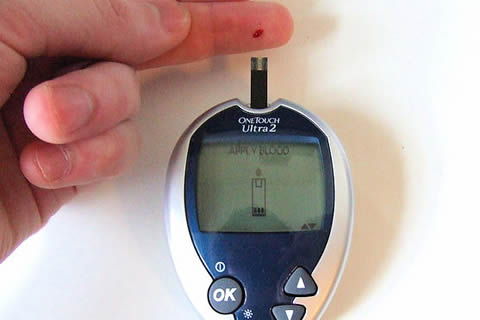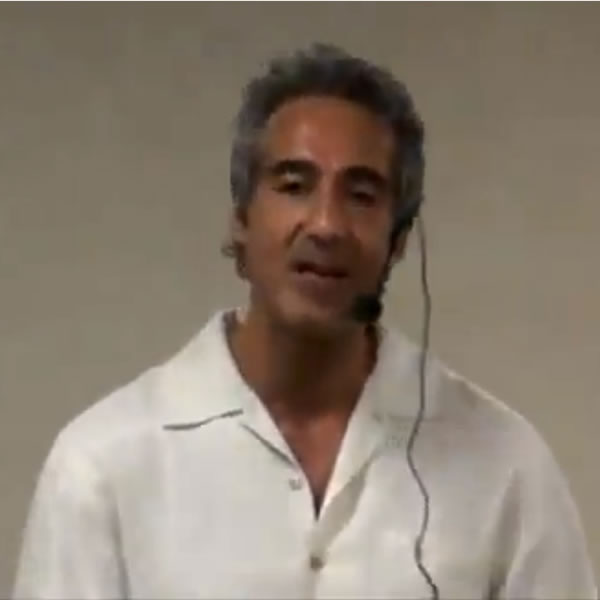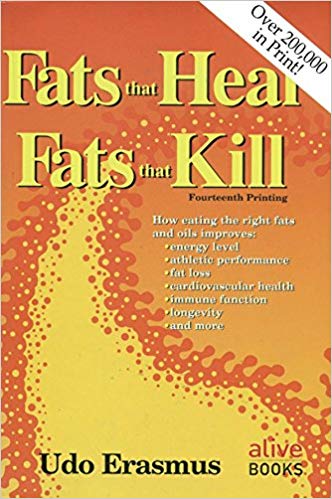By Ben Fuchs | Pharmacist Ben
Statin drugs are among the best selling drugs in the world. They were initially approved by the FDA for lowering the cholesterol of patients who had a history of heart problems. Today their use for “off label indications,” conditions the drug was not originally approved for, are skyrocketing – and statins are used as cholesterol-lowering drugs for just about everyone.
 The American College of Physicians suggests that regardless of cholesterol levels, most diabetics should be taking statins. Several years ago the American Academy of Pediatrics raised eyebrows by concluding that indirect evidence suggests children with higher levels of cholesterol need statins. Now, scientists at the University of Edinburgh are initiating a study to discover if statins can be used to prevent pre-eclampsia, a rare but severe heart disease that occurs in pregnant woman.
The American College of Physicians suggests that regardless of cholesterol levels, most diabetics should be taking statins. Several years ago the American Academy of Pediatrics raised eyebrows by concluding that indirect evidence suggests children with higher levels of cholesterol need statins. Now, scientists at the University of Edinburgh are initiating a study to discover if statins can be used to prevent pre-eclampsia, a rare but severe heart disease that occurs in pregnant woman.
Statin drugs work by suppressing an incredibly important chemical manufacturing process, the HMG CoA Reductase system, that includes cholesterol as an end product. By inhibiting this system, blood cholesterol levels are reduced, but levels of several other compounds needed by the body are also lowered. The reason? The HMGA CoA Reductase system also produces essential fats, steroid hormone, vitamin precursors and the critical vitamin-like substance CoQ-10.
Additionally, cholesterol itself is one of the most vital chemicals in the entire body. It’s a fundamental parent compound to a wide array of biochemical offspring that support all of our body’s functions.
Lastly, the well-documented toxic effects of statin use include muscle pain, digestive distress and liver damage, all of which are the inevitable result of suppression and manipulation of vital biochemical processes.
As always, the appropriate response to a breakdown in the biochemistry of the body, whether it involves pain, inflammation or elevated cholesterol, is to pay attention to symptoms of the breakdown and begin the appropriate medical detective work to understand what the body needs to repair itself. Elevations in cholesterol are almost always at least partially the result of poor blood sugar control. All patients with elevated cholesterol should greatly reduce refined flour and sugary foods. This will be easier if they supplement their diet with protein sources such as whey, hemp, peas or brazil nuts. If they eat any sugary foods at all, they should be using sugar-metabolizing nutrients that improve sugar metabolism.
The entire B-complex is especially important, as are the minerals Zinc, Magnesium, Chromium and Vanadium.
Unlike pharmaceutical intervention, which is replete with toxic side effects, proper nutrition allows you to accomplish better results and provides multiple side benefits to overall improvement in health and wellness.
“Safe drugs” is an oxymoron, because there is always toxicity inherent in the way drugs work. Furthermore, the actions of suppression and inhibition of natural processes in the body make additional side effects inevitable. No matter what we are trying to treat, nutritional, non-toxic and healthful options should always be explored and pharmaceutical, toxic intervention only used as a last resort.














